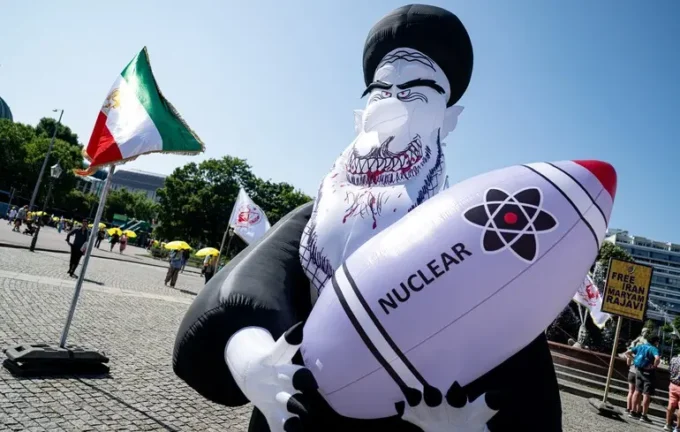The Political Dimensions and Strategic Implications of Iran’s Nuclear Program in International Security Contexts

The Wall Street Journal highlights that the current analysis of Iran's nuclear program focuses less on technical specifics and more on the complex political motives and strategic calculations of the Tehran regime. Delving into this context reveals that Iran's decisions regarding nuclear weapons depend on multiple factors, including political feasibility and regional security interests, rather than solely on technological capability. Iran contemplates completing its nuclear work before potential intervention by the US or Israel, carefully balancing rapid action and the ability to control outcomes. Delays of just a few months could significantly increase the risk of detection or an imminent attack, thus influencing Iran's strategic calculus. Experts emphasize that even calendar few months of postponement could be a decisive window for Iran to achieve its nuclear ambitions, given that time remains the most critical resource. Furthermore, there are concerns that Iran might continue clandestinely enriching uranium while engaging in diplomatic negotiations, complicating international monitoring efforts. Official Tehran may be playing a diplomatic game, simultaneously negotiating while secretly advancing its nuclear activities—a tactic that makes surveillance more difficult. After recent US strikes using cruise missiles and bombs in 2023, key facilities experienced significant damage, forcing Iran's nuclear scientists to seek new clandestine sites for enrichment and material processing. Decades of accumulated knowledge, as confirmed by IAEA reports and intelligence sources, suggest Iran has the capacity for rapid weaponization if it chooses to pursue nuclear armament. The international community, especially the US and allies, keeps close watch on Iran's activities, assessing the remaining facilities and their operational status. The decision by Iran's Supreme Leader to resume or suspend weapons development, particularly after recent attacks, remains pivotal for future regional security and diplomacy. Ultimately, Iran faces a strategic dilemma: continue clandestine development or accept diplomatic constraints that could limit its nuclear capability, with profound implications for stability in the Middle East.

